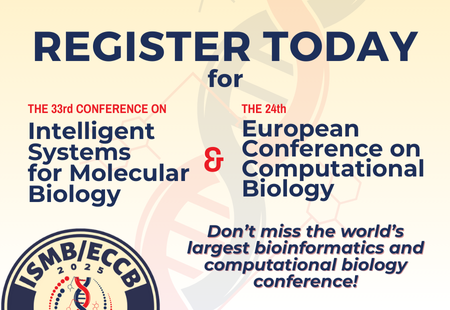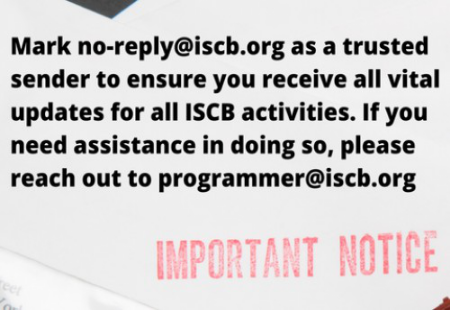Career Paths
Resources to help find a position in bioinformatics
There are many resources that a nascent bioinformatician can use to find positions available to them:
- Jobs Boards
- Sites such as ISCB's Career Center offer listing of available positions. In addition, you can visit specific academic or company web sites where you may find listings of positions in need of bioinformaticians.
- Social networking sites
- Companies and schools alike have a strong presence on social media sites like LinkedIn. ResearchGate is an alternative explicitly for scientists of all specialties.
- Join your respective Community of Special Interest (COSI) online through ISCBconnect. Positions are posted regularly.
- Having an online presence
- A publication record is a standard measure used to to assess if a researcher has a skill set. Your Google Scholar record is a peer-reviewed means of advertising your proficiencies.
- Educational/Workforce Readiness Resources
- Improving/expanding current skill sets or learning the tools most sought after helps compliment a scientist's academic experience. ISCB's Education and Training resources offer extensive options along with PLOS Computational Biology's 10 Simple Rules series.
- Serendipity
- Being in the right place, knowing the right person, or starting the right conversation at the right time has been a factor in everyone's career.
Diversity of roles
There is great diversity in finding the right position for you in bioinformatics. Here are some topics to consider. Do your homework when exploring diverse job opportunities.
- Employers (academic cores, contracting agencies, consulting companies, traditional academic department, industry)
- Location: nearly anywhere in the world there is a demand for the skillset of bioinformaticians.
- Educational background: because of the diversity in the field of bioinformatics the preparation for different positions will vary. Depending on the position, strength in biology or biochemistry may be more important than computer science or statistics, or vice versa. In addition, a physical chemistry or engineering background may be important in certain bioinformatics related positions.
- Compensation packages: when considering a position in the field, you will need to compare compensation packages among different offers you might get.
- Work environment: the working conditions and culture of an employer will vary.
Common myths in the field
The transition from university student to professional is one characterized largely by assumptions and misunderstandings. Perhaps the most pervasive myth is that the choice between academia and industry is a binding one-time event. Even within these two choices there are common myths:
- All who stay in academia strive to become Principal Investigators
- Becoming a PI is the only endgame position within academia
- Staying one employer for your entire career
- A graduate will have all the skills needed to find a position in either field
- You will stick with the position your entire career
- Career paths are entirely planned
While there are indeed cases and individuals for which these hold true, more often than not these expectations will hinder a young scientist trying to understand what alternatives are out there and how to prepare for following them.
Talks on Career Path presented at ISMB/ECCB 2015
Many people - across the entire career spectrum, from students to PIs - are uncertain about the future and what they want to do next. Some are happy simply to take the next opportunity that comes their way; others like to plan. But even those who know what they want to do may find that their plans don’t always work out - the circumstances of life often get in the way, changing the course of their careers (the best-laid plans of mice and men often go astray!).
This session will feature talks from a diverse group of successful bioinformatics individuals, who will illustrate how much of their journey was planned versus how much was the work of serendipity, and will suggest elements of the journey over which you can take some measure of control. Planning tips also include topics such as “How does one learn the best way to teach?”, “How does one learn the way to manage budget, staff, or a lab?”, etc.
See what researchers in the field say about How to plan your career but also be aware of your opportunities


























